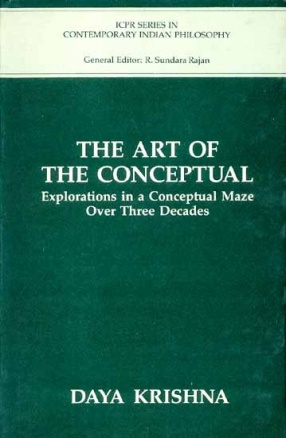
Daya Krishna

Showing all 13 books
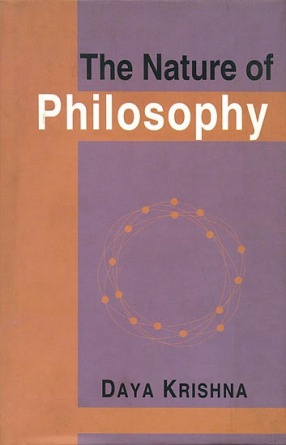
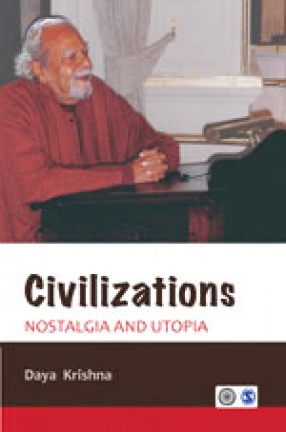
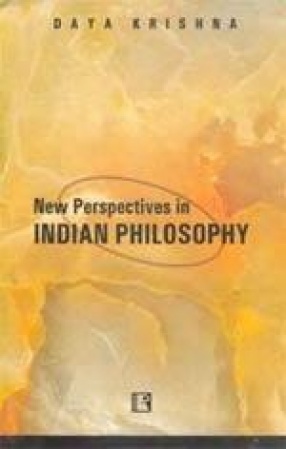


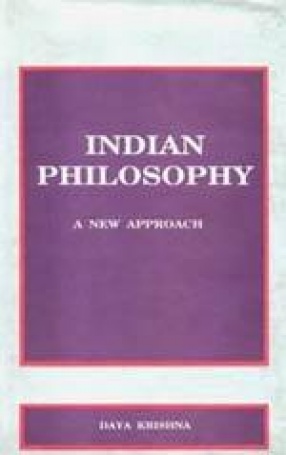

The essays in this volume explore, from various angles, the issues relating to the role of logic in the understanding of reality, the role of belief and imagination in the creation of reality, the multi-dimensional, pluralistic and conflicting nature of values, the centrality of freedom as both the foundation and end of all values, the role of arts in the cognitive enterprise of man, the nature of revolution, culture and society and the epistemological and ...

The Nature of Philosophy is a reprint of the very first book published by Daya Krishna. It is based on his doctoral work, completed in 1951 in the Department of Philosophy of Delhi University. The book is a critical examination of the presuppositions of the philosophical enterprise; it considers the admirable clarity and critical acumen diverse styles and genres of philosophical reflection: analysis, phenomenology, existentialism, and other historical modes of ...
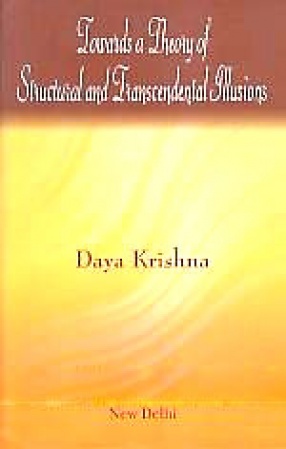

Civilizations is a tome of rich philosophical discourse borne out of years of reflection and investigation by Daya Krishna, one of the foremost philosophers of twentieth-century India. The book is an engaging and thought-provoking philosophical account that demonstrates that critical inquiry is an ongoing process with strains of continuity and evolution.
Krishna’s discourses in this volume span a range of inquiries parallels between Indian and Western ...
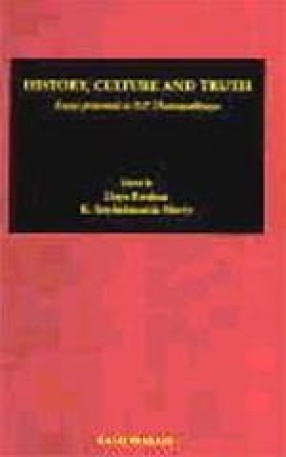
This festchrift is presented to Professor D.P. Chattopadhyaya on the occasion of his sixty-fifth birthday. It consists of twenty-five contributions centring around his thought and works by eminent scholars from India and abroad. These essays, ranging from philosophy to science, history, culture, social and political studies, are concerned with issues that have engaged Chattopadhyaya's attention throughout his work starting from the earliest period till today.

Indian philosophy, till now, has been generally presented in a a-historical manner and in such a way as if there were no problems about it. The present book challenges this way of presentation both at the general as well as the specific levels. It starts with a plea for a new history of philosophy in India and ends with a reply to two controversies—one relating to Vedanta and the other to Nyaya epitomised in the twin statements: "Shock-proof, ...
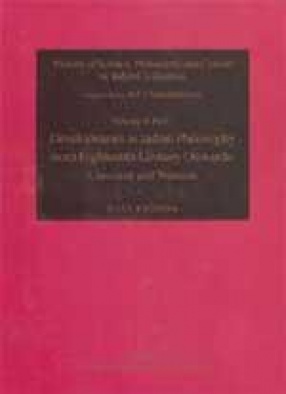
The volumes of the Project on the History of Science, Philosophy and Culture in Indian Civilization aim at discovering the main aspects of India’s heritage and present them in an interrelated way. These volumes, in spite of their unitary look, recognise the difference between the areas of material civilization and those of ideational culture. The project is not being executed by a single group of thinkers and writers who are methodologically uniform or ...

The book explores the philosophical dimensions of Bhakti tradition in India in all their variety and depth, and raises the question such as whether the world of feelings which is intrinsically subjective and personal in character can ever be an ‘object’ of rational enquiry. It asks "Is Bhakti possible without belief in personal God or any God whatsoever?" and, tries to articulate the ‘ideals’ immanent in the life of feelings without reference to ...
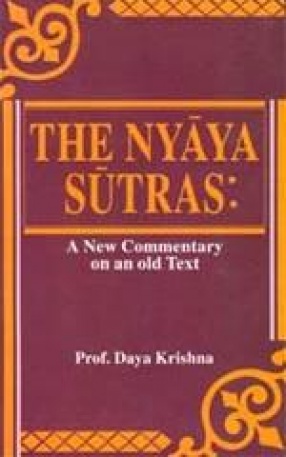
The Work attempts at reviving the age-old commentarial tradition of India in the changing context of contemporary philosophising which now accepts no national or civilizational boundaries. It also develops a new methodology for ‘interrogating’ the ancient texts and ‘understanding’ them in the light of the questions they pose and the problems they tried to deal with. The work takes into ...
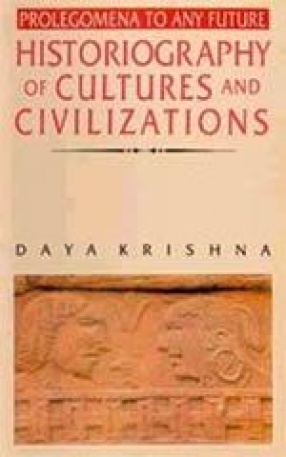
A prolonged enquiry into the problems relating to the Historiography of Civilizations which creatively uses the concepts derived from both the Indian and the western traditions to understand man's most complex and enduring creation, that is, civilization. Silpa, Sastra, Samskara, Purusartha, Svapna, Smrti and Vasana provide a key role in this understanding and a new concept of the empirical a priori is developed to provide the theoretical underpinning for their ...

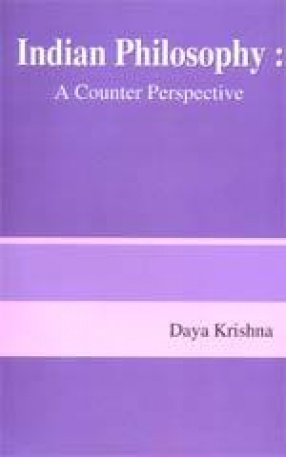

A new picture of Indian philosophy, breaking the traditional moulds in which it has been presented until now, bringing its story right up to present times. The amazing continuity of India’s philosophical traditions, as against the discontinuities in the development of philosophical tradition in the West, is brought to light and the usual myths about its stagnation and decay shown to be unsupported by the evidence. This book supplements the picture with a ...
